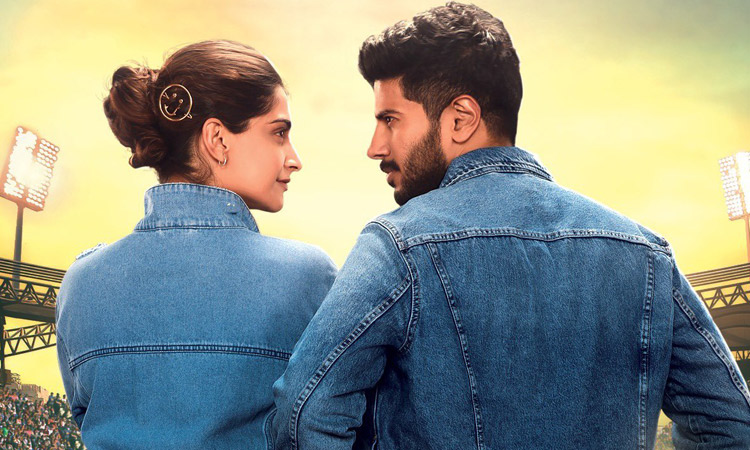- Welcome to Tv Articles! Bringing you Exclusive TV articles for your needs
The Zoya Factor Movie Review
Last month, during the promotions of his flick MISSION MANGAL, Akshay Kumar made a startling revelation. He said that he believes that success depends on 70% luck and 30% hard work. His statement surprised many but the fact is that many around the world of different nationalists, communities and even class believe a lot in luck and the concept of lucky charm. No wonder, the business of numerologists and astrologists is thriving. Anuja Chauhan’s novel ‘The Zoya Factor’ tackles this idea and it was written so well that it became a bestseller. The rights were soon picked by Shah Rukh Khan’s Red Chillies Entertainment but the production house failed to make the film within the stipulated period. Aarrti Shetty and Pooja Shetty Deora then bagged the rights and turned the novel into celluloid, while keeping the title of the film the same as the book. So does THE ZOYA FACTOR turn out to be as entertaining as the novel? Or does it fail to impress? Let’s analyse.
Movie Review The Zoya Factor
THE ZOYA FACTOR is the story of a girl who considers herself unlucky but is the lucky charm for the country. Zoya Solanki (Sonam K Ahuja) is born on June 25, 1983, the day India won the 1983 Cricket World Cup final. Her father Vijayandra Singh Solanki (Sanjay Kapoor) declares that she’ll prove beneficial for the cricket team, having born on such an auspicious occasion. While growing up, Zoya indeed turns out to be a lucky charm for Vijayandra and her brother Zorawar (Sikandar Kher) when they used to play Gully Cricket. As an adult, Zoya however considers herself unlucky. The madness that her family members have for cricket makes her dislike the sport. She works as junior copywriter at an ad agency called AWB and is constantly making mistakes, much to the annoyance of her boss Monita (Koel Purie). Monita sends Zoya on ad campaign comprising of the Indian cricket team in Sri Lanka and warns not to make an error in what she calls a small, simple shoot. Zoya reaches Sri Lanka and becomes friends with Nikhil Khoda (Dulquer Salmaan), the captain of the Indian team. This is a time when the players have lost back to back matches. The World Cup is just a month away and the pressure is killing them. On the day of their match in Sri Lanka, Nikhil invites Zoya to have breakfast with the players. Here, Zoya casually mentions about her date of birth and lucky charm bit. On that day, India miraculously wins the match. The players realise that she is indeed a lucky charm. They make flimsy pretext to stop her from going back to India and try to get her to have breakfast with them for the next match. As expected, they win again. Nikhil however doesn’t believe in luck and The Zoya Factor and feels that it’s hard work that works. Yet he can’t help but fall for Zoya who too is in love with him. Meanwhile, the Indian Cricket Board’s Jogpal Lohia (Manu Rishi Chadha) comes to know about Zoya. He approaches her with an offer – dine with the boys in blue before every World Cup match and get paid Rs 1 crore! Zoya however refuses the offer. Jogpal realises that they need Zoya anyhow and hence, they hand over the World Cup campaign to AWB with instructions that Zoya should be leading it. Jogpal is also aided in this plan by his nephew Robin (Angad Bedi) who is also in the team and is Nikhil’s rival. He wants to see Nikhil being removed from captaincy and he uses Zoya for his ulterior motive. What happens next forms the rest of the film.
THE ZOYA FACTOR is based on the novel by the same name by Anuja Chauhan. The story has a lot of promise and is also relatable. A lot of people believe in luck as well as are cricket fans and hence in a country like ours, such a story can connect with the viewers. Pradhuman Singh Mall and Neha Sharma’s screenplay (with additional screenplay by Anuja Chauhan) is effective for most parts. They don’t make the film too emotional even at a single point. The idea is to keep the film light and entertaining from start to finish. In a way, it’s great but at the same time, the film misses the emotional touch. Pradhuman Singh Mall and Anuja Chauhan’s dialogues are very witty and contribute a lot to the laughter. The dialogues mouthed by the commentator are sure to be loved by audiences.



